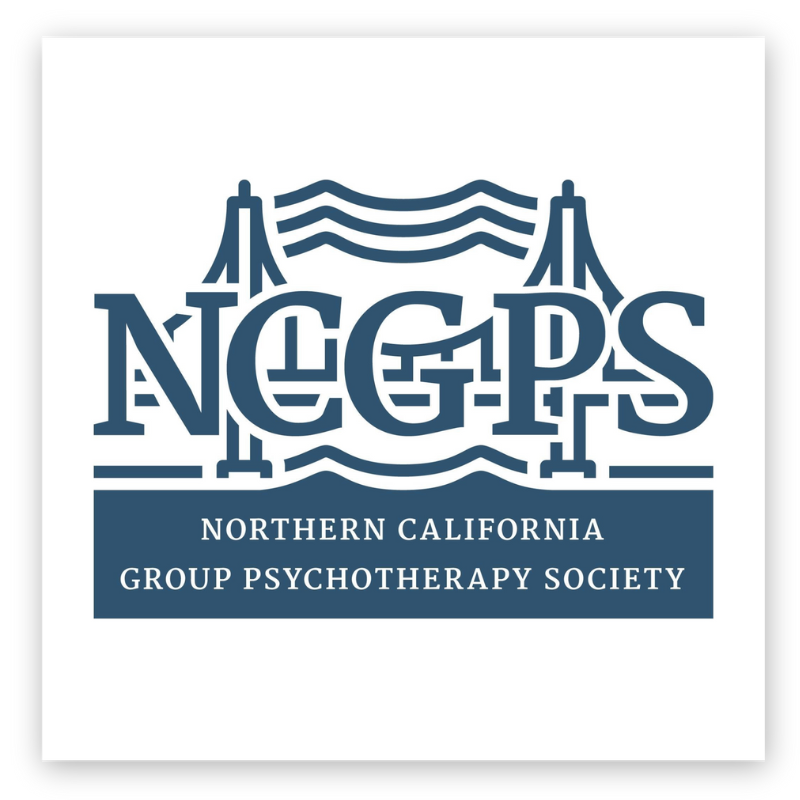EMBODIMENT | INTIMACY | SEX | PARENTING
Sex Therapist, Group Facilitator, Writer & Trainer
I know what it is to feel super connected to many and also not belonging anywhere specifically. I also know what it is like to experience privilege as well as marginalization. I’ll explain a little about some of my reasons why I approach sex therapy from a lens of belonging while naming and processing privilege and marginalization.
I come from a culturally mixed background. I grew up speaking Portuguese, traveling to Brazil to visit with relatives. I also grew up eating homemade Ukranian pierogies in NYC’s lower east side, dancing samba, merengue and salsa and watching my neighborhood become gentrified. Depending on the context, I could be perceived as the white girl in a community of color or I could be perceived in an “othering” kind of way, as the daughter of immigrants from too many countries to name.
I learned to identify in many ways with much diversity. Yet, a part of me felt lonely…like I was never fully visible. The judgments and categorizations of my white privilege and cultural backgrounds were real and sometimes overwhelming. This was very confusing for me and greatly impacted my relationship with my body and intimacy. I had a long road ahead of me in terms of self realization of my power, likes, dislikes, and feelings of ambivalence. Self-acceptance and the development of compassion have been major parts of my path towards focusing on generative relationships.
Through generative relationships, I have learned (and continue to) how to unpack my experiences with: white privileges; gender; sexual orientation and identities at different times of my life; feelings about my body, and so much more. Today, I hold space for myself differently, and I see the impact this has within communities I affiliate with. For this reason, I invest in holding and co-creating space for you to feel, understand and inter-relate with your own wholeness. This is the kind of healing we all need. This is therapeutic—being in presence together, supporting health and well-being. We acknowledge ourselves and those around us; how we are impacted and how we impact.
Areas of expertise:
Intimacy & Communication
Sexuality & Parenting
Consensual Non-Monogamy
LBGTQ++ and Multi-Cultural Orientations
Sexual Abuse Survivors
ADHD and Neuro-diverse Relationships

My Approach to Therapy
Multicultural Approach
Having a Multicultural approach means that I intentionally work on holding and co-creating safe space where clients bravely process issues related to: culture, race, body size/shape, sexual orientation, gender, religion, class, ability, and language. I come to my understanding and approach through my academic background as well as my personal multicultural background which spans Eastern Europe, South America, and North America. I am a first generation, white, American woman who grew up speaking Portuguese, Spanish, and English in New York City. I have personal experience with socioeconomic class shifts, the role this can have in one’s identity, and in one’s multicultural and bi/multi-racial relationships. The combination of my cultural heritage, race, socioeconomic class, and language fluency inform my work. It has led me to acknowledge and want to dive deeper into supporting others in acknowledging dynamics of power, privilege and marginalization and how those issues can play out in our own psyches and thus, our relationships.
A multicultural approach offers everyone coming in to work with me a space to consider who they are and what ancestral heritage and legacy their carry.
Feminist Approach
I value caring for the needs of all partners in a relationship. For me, having a feminist approach equates to investigating the patriarchal influences that you are conscious of or developing consciousness about. Our patriarchal society impacts things like our thought patterns, beliefs and the roles we take on in relationships. In therapy, we can make space to both see what your early models were and how you feel about them now. Through developing greater insight, you choose what you want as you grow in relationship with others.
Places I’ve taught and worked with:
Comprehensive Sexuality and Family Life Counselor/Educator with Teens and Parents.
Guest speaker presenting, "From Gourmet Fondue to Mac-n-Cheese: Intimacy During the Early Years of Parenting
Former board member and childbirth educator at this long standing perinatal education center.
Guest Speaker on identity politics relating to building community, human rights, and social justice.
Temporary Operating Committee Member and presenter/organizer for Fall 2024
Adjunct Professor teaching Masters level students Human Sexuality through a Social Justice Orientation in Psychology
Marriage & Family Therapist intern working with teens + their families on sexuality, identity, trauma, communication and bonding.
Former Regional Director for Northeast on the Board and Doula Trainer through the organization.
Guest speaker on various topics: doulas supporting birth partners, maternal sexuality, doula self-care.
Co-presenter and writer for conference panel
Workshop presenter on maternal sexuality through a feminist perspective.
Adjunct Professor teaching Human Sexuality and Group Therapy through a Social Justice Orientation in Psychology.
Guest speaker presenting on maternal sexuality through a feminist perspective.
Guest Speaker on Critical Sexuality Studies lens in their social media usage, with particular attention to necropolitics.

I support clients to work towards deepening internal intimacy and intimacy with others. Feeling a sense of belonging with oneself and learning how to share that kind of love is everything.

"I really love Natashia. Her approach is thoughtful, engaging and warm-spirited. If you end up in one of her sessions, it will be a gift to your soul."
I Am Here For You
To help you learn how to settle in your body. How to unweave what you have inherited and deepen into your essence. I am here to help you connect more with those around you. You belong and can evolve more fully into the kind of partner, mother, friend, community member you want to be.
Natashia’s share about her own Embodiment:
During my pregnancy with my eldest son, I gained 100 pounds! Talk about disembodiment! As I changed physically, so did the world around me. Suddenly, people were incredibly awkward with me and no one knew how to talk about my obvious changes. I could tell my presence made people uncomfortable.
What I didn’t know was that I was becoming even more of myself.
Social messages about race and culture are all too often binary. Social messages about body size can be quite narrow too...especially in terms of a postpartum body. We are often told to try to get back to what we looked like before creating a human--as if crossing the threshold of the perinatal time period didn’t even happen. What are birthing parents told about their sexuality? What happened for me, with all of my weight gain and then becoming a mother?
Upon becoming a mother, I felt desexualized by society. It was extremely difficult to interact with anyone and feel good about my large body. This really gave me pause. It was like I had to learn a new language to express what was intimately happening inside of me and between me and my closest people. For most of us, communing with our body in the aftermath of having a child takes time. Deepening into sexual relationships often means untangling a lot of different messages about your body now, about it before, about what the media portrays, about what you think your partner wants or likes...and the list goes on.
All of these messages really impact how we live together in our relationships and in our culture.
In our relationships we experience vulnerability. Relationships are what led me to caring so fully about a social justice orientation in therapy. In relationships, we experience care and belonging if we can recognize the similarities while also honoring and learning how to make space for each other’s differences—even and maybe especially when those differences exist because of systemic oppression that is going to be lived daily by some and not felt by others. In talking about differences, we are tasked with bringing in society and our cultural upbringings. If this can be done, it leads to trust, safety and a healing sense of deep connection. It is here that we are seen.

"I met Natashia years ago while we were both following our professional passions in maternal health. Natashia was, and still is, a great inspiration to me. Immediately we had a comfortability and a real-ness to all of our conversations and I soon learned that that is how Natashia conducts all of her communication - real and grounded. I'm honored to receive her mentorship and I can encourage anyone to work with her if you are seeking support."























